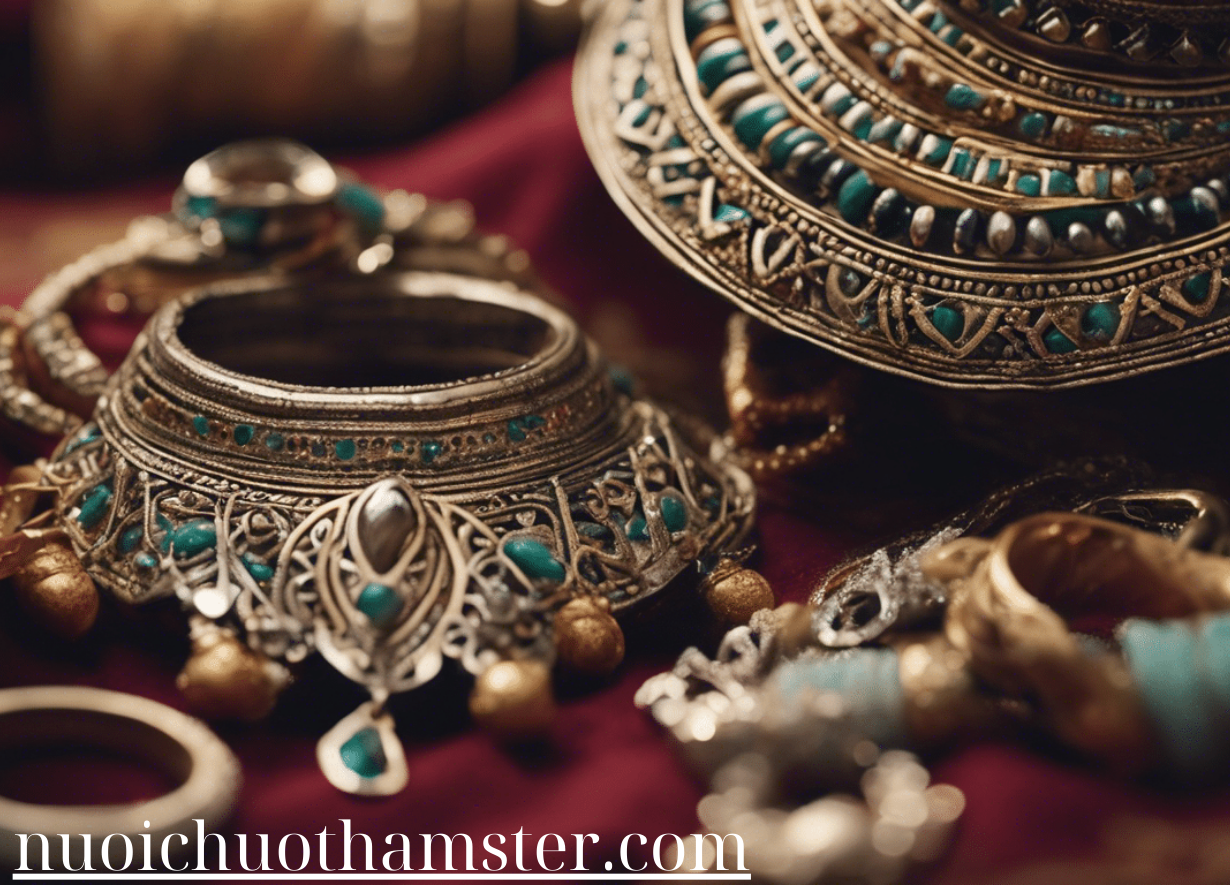Jewelry is not merely an accessory; it is an art form that combines creativity with craftsmanship to produce unique and stunning pieces. Artistic jewelry designs push the boundaries of traditional jewelry making, embracing innovative concepts and unconventional materials. This article explores the realm of artistic jewelry, highlighting key trends, designers, and tips for those interested in exploring or acquiring these extraordinary creations.
1. The Evolution of Artistic Jewelry
Historical Context: Artistic jewelry has evolved significantly from ancient times to the present day. Historically, jewelry was used primarily for adornment and symbolic purposes. However, modern artistic designs focus on self-expression and individuality.
Contemporary Trends:
- Avant-Garde Designs: Modern artists often experiment with abstract forms and unconventional materials, creating pieces that challenge traditional norms.
- Mixed Media: The use of diverse materials such as resin, ceramics, and textiles alongside traditional metals and gemstones is becoming increasingly popular.
2. Key Characteristics of Artistic Jewelry
Innovative Use of Materials: Artistic jewelry often incorporates unconventional materials, such as recycled objects, synthetic stones, and alternative metals. This approach highlights the designer’s creativity and willingness to explore new mediums.
Unique Designs: The design of artistic jewelry pieces is frequently characterized by bold, unconventional shapes and intricate details. These designs are crafted to stand out and make a statement.
Customization and Personalization: Many artistic jewelers offer customization options, allowing clients to create one-of-a-kind pieces that reflect their personal style and preferences.
3. Notable Artistic Jewelry Designers
1. Alexander McQueen:
- Signature Style: Known for his dramatic and often provocative designs, McQueen’s jewelry often features intricate detailing and a touch of gothic elegance.
2. David Yurman:
- Signature Style: David Yurman’s designs blend classic and contemporary elements, using high-quality gemstones and metals to create luxurious and artistic pieces.
3. JAR (Joel Arthur Rosenthal):
- Signature Style: JAR is renowned for his innovative use of gemstones and his ability to create pieces that are both visually striking and technically complex.
4. Trends in Artistic Jewelry
1. Organic and Nature-Inspired Designs:
- Concept: Designers are drawing inspiration from nature, creating pieces that mimic natural forms and textures. These designs often incorporate organic shapes and earthy tones.
2. Sculptural Jewelry:
- Concept: Sculptural jewelry transforms the body into a canvas, with designs that resemble small-scale sculptures. These pieces are often three-dimensional and designed to be worn in unconventional ways.
3. Tech-Integrated Jewelry:
- Concept: The integration of technology into jewelry is a growing trend, with designs incorporating elements such as LED lights, smart features, and interactive components.
5. Tips for Buying Artistic Jewelry
**1. Research Designers: Explore different designers and their portfolios to find those whose style resonates with you. Look for reviews and past collections to gauge their reputation and craftsmanship.
**2. Understand the Materials: Familiarize yourself with the materials used in artistic jewelry. Understanding their properties and care requirements can help you make informed decisions.
**3. Consider the Statement: Artistic jewelry is often about making a bold statement. Choose pieces that reflect your personal style and make you feel confident and unique.
**4. Seek Customization: If you have a specific vision in mind, consider working with a designer to create a custom piece. This ensures that your jewelry is truly one-of-a-kind.
**5. Verify Authenticity: Ensure that the piece you are purchasing is authentic and crafted by a reputable designer. Look for certificates of authenticity or other documentation when available.
6. Caring for Artistic Jewelry
**1. Regular Cleaning: Follow the designer’s recommendations for cleaning and maintaining your jewelry. Artistic pieces may require special care depending on the materials used.
**2. Proper Storage: Store your jewelry in a safe place to prevent damage. Use jewelry boxes or pouches to protect pieces from scratches and tarnishing.
**3. Professional Maintenance: Periodically have your jewelry inspected and maintained by a professional jeweler, especially if it includes delicate or intricate components.
Conclusion
Artistic jewelry designs offer a unique blend of creativity, innovation, and craftsmanship. By exploring these distinctive pieces, you not only enhance your personal style but also celebrate the art of jewelry making. Whether you are a seasoned collector or a newcomer to the world of artistic jewelry, understanding the key characteristics and trends can help you appreciate and acquire pieces that are both beautiful and meaningful. Embrace the creativity and artistry of jewelry, and let your collection reflect your unique style and personality.
